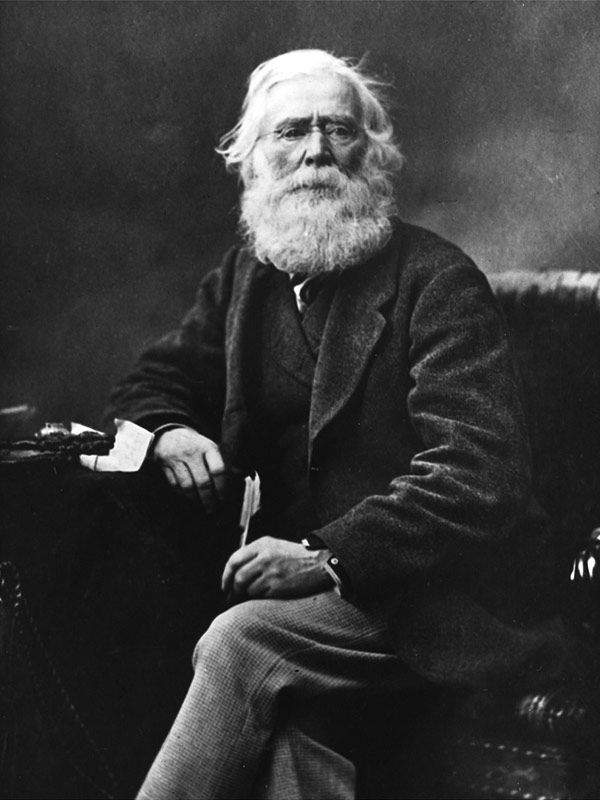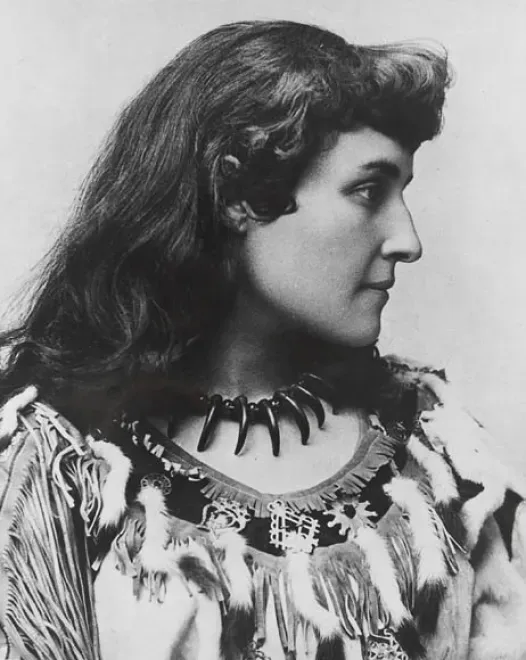Volunteering Helps Immigrants Adjust To Canada
Volunteering is an integral part of our Canadian culture. Giving back to the community as a volunteer is a responsibility of Canadian citizenship.

Canada is a Volunteering Country
It has been said that community is not just where you live, it’s what you’re a part of, what you join, and what you create. Individuals can make a difference as they become involved in volunteerism.
According to Statistics Canada, 8 out of 10 Canadians volunteered their time in 2018 either as part of an organization or on their own without the involvement of a group.
Volunteering is the time you give to strengthen your community and improve others’ quality of life as well as your own, according to
Employment and Social Development Canada (ESDC).
Volunteering Helps Newcomers Develop Their Network
Settling into a new community as a new Canadian citizen is challenging. It is important to build a network of new friends and contacts who you spend time with on a regular basis. These new relationships can help you learn about the Canadian working world and help develop insights into Canadian culture. Studying together with other Canadians in your new network can also help you pass the Canadian citizenship test.
You may be able to identify volunteer roles that fit with your skill set and are relevant to your profession. This experience can be useful for obtaining letters of reference which will be helpful on job applications. Volunteer experience is an excellent addition to a resume and indicates that you care about your community.
Volunteering Is Good for Your Health
It’s not unusual for immigrants to feel overwhelmed, isolated, homesick and depressed. It’s good to keep yourself occupied. When you help others and make a difference in society, it can positively impact your well-being. Reaching out as a volunteer can reduce stress and anxiety. It can provide a sense of accomplishment and help you feel more confident about your abilities.
Where Are Volunteer Positions Listed?
To find current opportunities, call your local volunteer centre, or call an organization you are interested in volunteering for. The local newspaper often carries requests for volunteers. Also check out websites and databases.
There are many good places to volunteer. Some include: Local Community Centres; Food Banks or Homeless Shelters; Local Library; Faith Communities; Animal Shelters and Adoption Centres; Local Hospital; Local Schools - especially the ones your children attend; Rehabilitation Centres; Seniors Centres, local parks and environmental initiatives. Depending upon skill level and experience, volunteer firefighters, first responders and disaster relief workers are required in various communities.
Conclusion
Volunteerism benefits both our Canadian society and the individual volunteers by strengthening trust and commitment and improving the resilience of our communities.
Joy Dirks
October 2022



